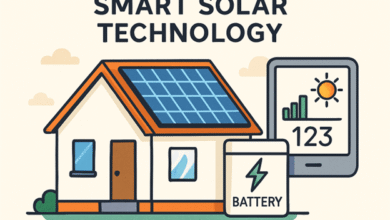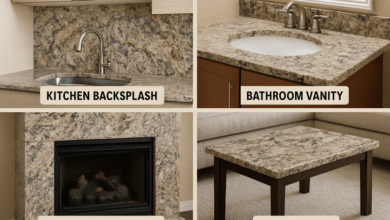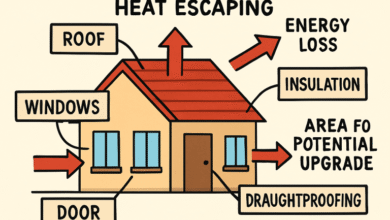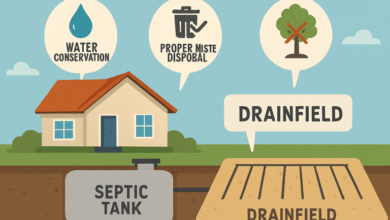Smart Strategies For Boosting Home Energy Efficiency This Year

Table of Contents
Why Home Energy Efficiency Matters
Prioritizing home energy efficiency and striving for net zero can significantly enhance daily living, lower expenses, and have a positive impact on the environment. Homeowners who implement home energy-saving practices can decrease their utility bills while enjoying greater comfort, thanks to consistent indoor temperatures and reduced noise levels.
This transition alleviates pressure on the energy grid and lowers greenhouse gas emissions. Around the world, many are embracing home energy-efficient options, such as insulation and automation, which promote comfort and encourage environmentally friendly living. Even minor actions, such as caulking and weatherstripping, can provide significant benefits, enhancing indoor air quality and overall health.
Common Energy Wasters In Homes
Energy waste often occurs in unexpected areas, such as old single-pane windows, gaps in doors, unsealed attic hatches, and poor insulation in older homes. Appliances and lighting also contribute significantly to energy loss, especially outdated ones that consume more electricity. Nearly half of household energy spending is on heating and cooling systems, and devices left plugged in incur additional costs through “phantom loads.” Addressing these inefficiencies can greatly reduce a home’s energy consumption.
Upgrading Insulation For Lasting Savings
Insulation is crucial for maintaining comfortable and energy-efficient homes. Improving insulation in important areas, such as attics and walls., can improve home energy performance, potentially saving Homeowners can cut their heating and cooling expenses by as much as 15%!. costs, according to the EPA. Different quality insulation materials suit various building styles and budgets.
A professional energy audit can pinpoint areas where insulation improvements are necessary. Homeowners often experience enhanced comfort with better-insulated spaces, leading to lower energy consumption and reduced draftiness.
Sealing Air Leaks And Drafts With Simple Steps
Gaps and cracks in doors, windows, ductwork, and baseboards compromise insulation by allowing air leaks that lead to discomfort and increased utility costs. Fortunately, these issues can be remedied with basic materials, such as caulk, weatherstripping, door sweeps, and spray foam. Professional audits can identify hard-to-detect leaks, and these cost-effective fixes can pay for themselves quickly.
Smart Thermostats And Efficient Appliances
Adopting smart thermostats is a key upgrade for home energy-efficient households, as they automatically adjust settings based on actual needs, leading to energy savings. Additionally, upgrading to ENERGY STAR appliances can reduce energy use by 20-40%. Other efficient options include switching to LED bulbs and using smart plugs to minimize phantom energy loads. Together, these changes result in noticeable monthly savings on energy bills.
Everyday Habits That Make A Difference
Adopting simple daily habits can significantly reduce energy waste and expenses. Key actions include adjusting temperatures based on occupancy, turning off lights and electronics when not in use, utilizing power strips, managing window coverings to control sunlight, doing laundry with cold water, air-drying clothes, taking shorter showers, and repairing leaky faucets. While these actions may seem minor individually, collectively they contribute to a more efficient household and lower energy consumption.
Finding Rebates And Government Incentives
Upfront costs often deter energy-efficiency projects; however, various rebate programs, tax credits, and low-interest loans can help alleviate these expenses. Incentives are available for multiple upgrades, such as insulation and efficient appliances, with some utilities offering free products to encourage improvements. The U.S. Dept of Energy provides a directory to help homeowners find suitable programs. Reviewing the requirements ensures eligibility for maximum benefits, making upgrades achievable.
See also: Top Challenges in Adverse Media Screening and How to Overcome Them
Future Trends In Home Efficiency
Growing concerns about climate change and the need for resource conservation drive the evolving landscape of home efficiency. Next-generation automation systems will optimize household appliances and home energy use based on daily routines, utility rates, and weather data. Innovative insulation materials and technologies, such as electrochromic windows and modular wall panels, are enhancing the efficiency and sustainability of homes. Homeowners who invest now can benefit from future technological advancements, enabling strategic upgrades that improve comfort, save costs, and promote sustainability.



